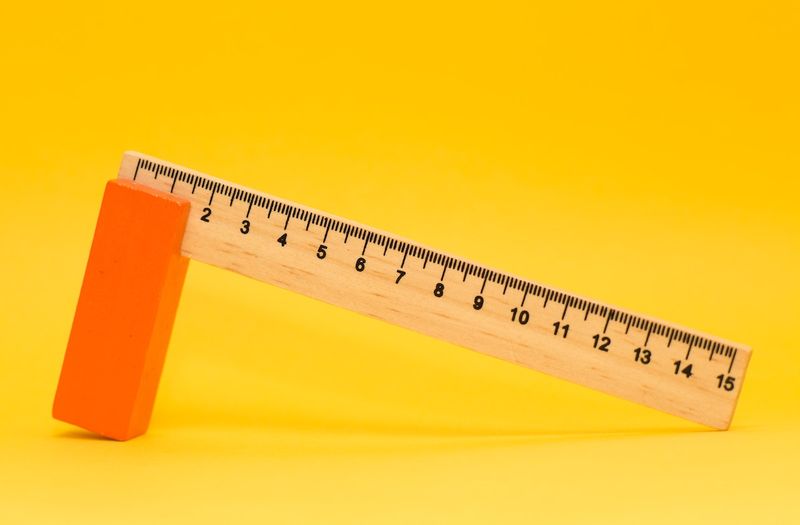Hi, this is Colton from Hedgehog, the crypto robo-adviser that keeps your portfolio spick and span every day, whether prices go up, down, or sideways. You decide the investment strategy, then Hedgehog executes it on your behalf. Work smarter, not harder, by using our platform to automate the boring stuff. If you think about it, Hedgehog is like a Roomba for crypto investing.
Hedgehog reached a milestone last week. Those of you who've followed along from the beginning know that we started with simple asset tracking, before Hedgehog registered with the SEC and met the standards of compliance to do full-fledged portfolio management. Users could sync their cryptocurrency addresses and/or exchange accounts to be able to see their balances all in one place. That functionality is now part of our current mobile app — and so we will be replacing the old version of the web application and shutting down the old database. (Please reply to this email if you need any help with migrating a legacy account!)
It's the end of an era. As often happens, the new era overlapped with the old one, and absorbed the best of its predecessor. Now the mobile app stands alone — for the time being. In the future we'll have a new web application that mirrors the current mobile functionality. Oh how the turntables have turned!
Redrawing the Map
Perhaps you've heard the phrase "the map is not the territory." To deal with the overwhelming vastness of reality, we create tools to document and navigate the world. But these "maps" are always imperfect. The complexity and chaos of reality can never be fully captured. "All models are wrong, but some are useful," the adage goes.
We rely on our maps, not because they are unfailingly correct, but because they help us get where we're going regardless. (Maps which don't help are quickly discarded.) But the funny thing about maps is that they affect where we choose to go. Which is the point, right? You wouldn't plan a pleasure cruise to the corner labeled "here be dragons" with a sea monster poking its head up from the waves. Whatever map you use, its structure will be reflected in your travel plans.
When it comes to business, one of the most important compendiums of maps is accounting standards, e.g. GAAP or EBITDA. Companies use accounting standards to keep a finger on the pulse of their financial health, and for reports to investors. Much like maritime charts guiding ships, these "accounting maps" lead corporations through the intricacies of business finance. Think of income statements, balance sheets, or cash flow statements.
Well, sometimes the map needs to be updated to suit the territory better. To that end, crypto accounting is about to change:
There are no specific accounting or disclosure rules for crypto assets in the U.S. Businesses now classify crypto assets as indefinite-lived intangible assets, similar to intellectual property such as copyrights. Companies have to review the value of such assets at least once a year and write it down if it drops below the purchase price. If the value were to rise, companies can record a gain only when they sell the asset, not if they continue holding it.
The [Financial Accounting Standards Board], which sets accounting standards for U.S. public and private companies and nonprofits, on Wednesday voted unanimously to adopt a new standard that would require businesses to use fair-value accounting for bitcoin and certain other crypto assets. Companies and accountants have repeatedly rallied for this change, as it would allow them to recognize losses and gains immediately, and treat digital assets as they would some financial assets instead of as indefinite-lived intangible assets.
Public companies' financial statements will have to disclose their crypto assets, separating them from intangible assets like patents and trademarks, on a quarterly and annual basis. Private companies must do the same in whichever financial reports they compile. Businesses will have to include gains and losses on their crypto assets in their net income.
This update will allow a more accurate depiction of the value of crypto assets compared to the previous model. Consequently, the executives steering these corporate ships may be more willing to integrate crypto.
Consider it an advancement in map architecture, in response to the discovery of new financial landscapes. I guess that makes FASB a modern cartographer.
Quick Hits
- zkSync Airdrop Farmer Deploys 21,877 Wallets
- Metis aims to become Ethereum's first fully decentralized Layer 2 in 2023
- Prep for the bull run (Pt. 2): Rebalancing increases return massively for alt coins
Now, I can't vouch for hyperbolic language like "increases return massively," nor the idea that another bull run is guaranteed. Say it with me: past performance is no guarantee of future results! As always, read posts like this with a hefty grain of salt. A boulder of salt, if you will.
Nonetheless, it's nice to see that someone on /r/CryptoCurrency shares my enthusiasm for rebalancing. And this part of Redditor /u/sonmanutd's thesis is straightforwardly sensible:
As with any form of investing, it is impossible to know the future. There is no such thing as a guaranteed 100% winning strategy. However, there is such a thing as a well-informed strategy, where you increase the likelihood of winning. The same is true for rebalancing. We cannot know the optimal allocation now, but we can learn from the past of how likely rebalancing will help, and what is its benefit.
Lastly, a followup on last week's newsletter, "Spending $500k to move $200" — per Bitcoin Magazine, "A PayPal spokesperson says its infrastructure partner Paxos was responsible for the overpayment." PayPal's statement:
Paxos overpaid the BTC network fee on Sept. 10, 2023. This only impacted Paxos corporate operations. Paxos clients and end users have not been affected and all customer funds are safe. This was due to a bug on a single transfer and it has been fixed. Paxos is in contact with the miner to recoup the funds.
Mining firm F2Pool posted, "After conducting identity verification, we have confirmed the ownership of these BTC, and fully refunded the fee to the sender, @Paxos." A noble resolution.
Here's to cooperative solutions to embarrassing problems. Even crypto is heartwarming once in a while.
Keep hedging,
— Colton
To get future newsletters delivered straight to your inbox every week, sign up here! Check out past newsletters in the complete archive.






